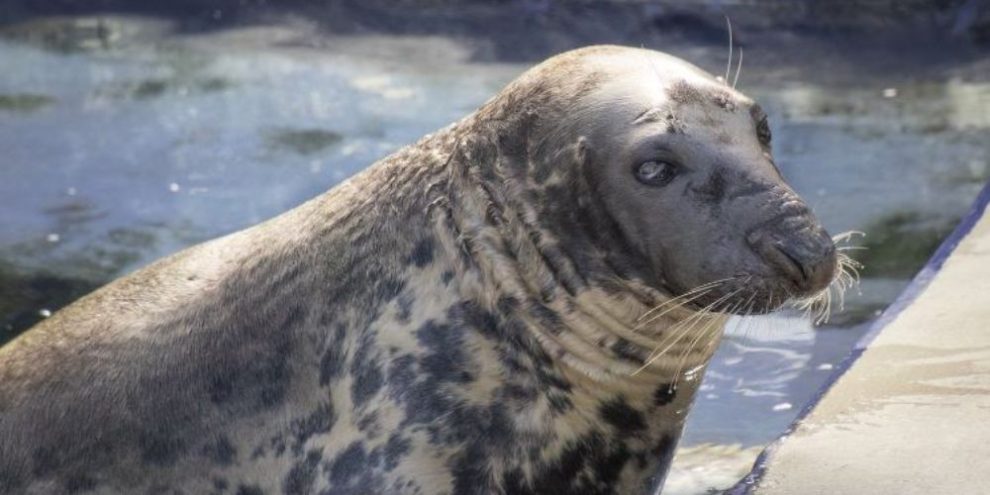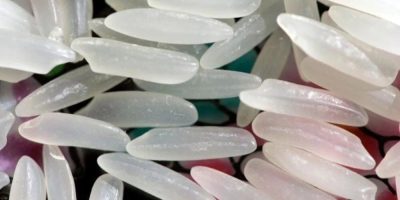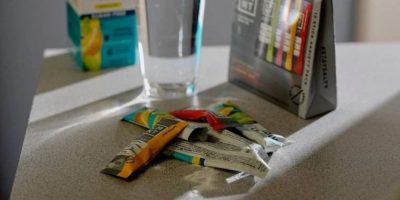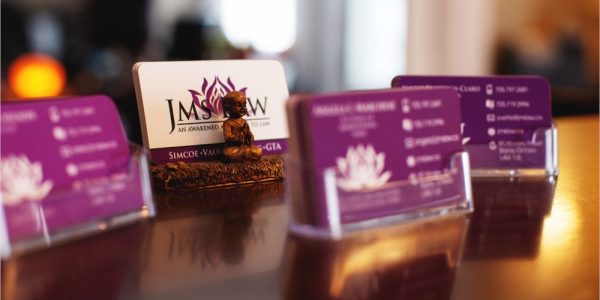
As gray seals go, Sheba is grayer than most.
The grand dame of the Cornish Seal Sanctuary is being celebrated Saturday for her 50th birthday, far surpassing the lifespan of a seal in the wild and possibly being the oldest in captivity.
“Reaching 50 is a huge milestone, not just for Sheba but for everyone here who has been part of her journey," said Tamara Cooper, curator at the facility in southwest England.
Things weren't looking bright for the young pup when she was rescued from a Cornwall beach in September 1974.
Ken Jones found Sheba with a head injury and nasty eye infection and took her home where he and his wife, Mary, rehabilitated seals in a pool.
As Sheba grew up, so did the rescue operation, moving from Jones' backyard to the Helford River in the village of Gweek and expanding to rehabilitate over 70 seal pups a year.
Sheba’s condition, including loss of vision, prevented her return to the sea and she’s now outlasted all of the other creatures who have come and gone, making her a favourite fixture at the facility.
Barrie's News Delivered To Your Inbox
By submitting this form, you are consenting to receive marketing emails from: Central Ontario Broadcasting, 431 Huronia Rd, Barrie, Ontario, CA, https://www.cobroadcasting.com. You can revoke your consent to receive emails at any time by using the SafeUnsubscribe® link, found at the bottom of every email. Emails are serviced by Constant Contact
Sheba’s longevity is attributed to the care she’s received and advances in veterinary medicine.
Seals typically survive 25 to 30 years in the wild, Cooper said. Females in captivity can live to 40 while males live to about 30.
Spook, a male gray seal born at the New York Aquarium in 1965, had been believed to be the oldest seal in captivity when he died weeks shy of his 45th birthday in 2010.
While Sheba's well-known and well-liked by the public and her handlers, she's not the most cooperative creature.
When she was raised by Jones, his focus was on rescue, rehabilitation and release, said Heather Green, an animal care specialist. There was no training for the animals that stayed behind until more recent years.
She has been reluctant to learn new tricks, such as being rolled over for inspections of her belly, flippers, tails and teeth. When it comes to receiving drops for her milky eyes, she does well some days while on others she waddles her mottled-fur frame away and splashes back into the pool.
“She's a bit stubborn," Green said. “She’d been so used to just being fed and not having to work for her fish that even now she still protests slightly. If we ask her to do any behaviour or something, it’s all on her own sweet time and she’ll definitely let you know if she’s up for training or not.”
The public has been invited to her so-called seal-abration, where she'll be sung “Happy Birthday” and presented with a specially made ice caked topped with the number 50 and mackerel and herring.
“She’ll eat any fish,” Green said. “She’s not particularly fussy.”










